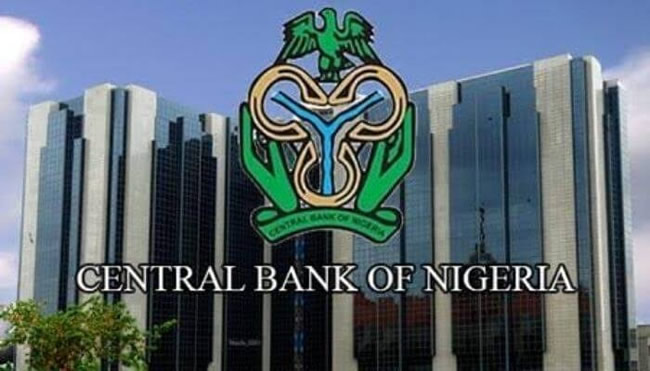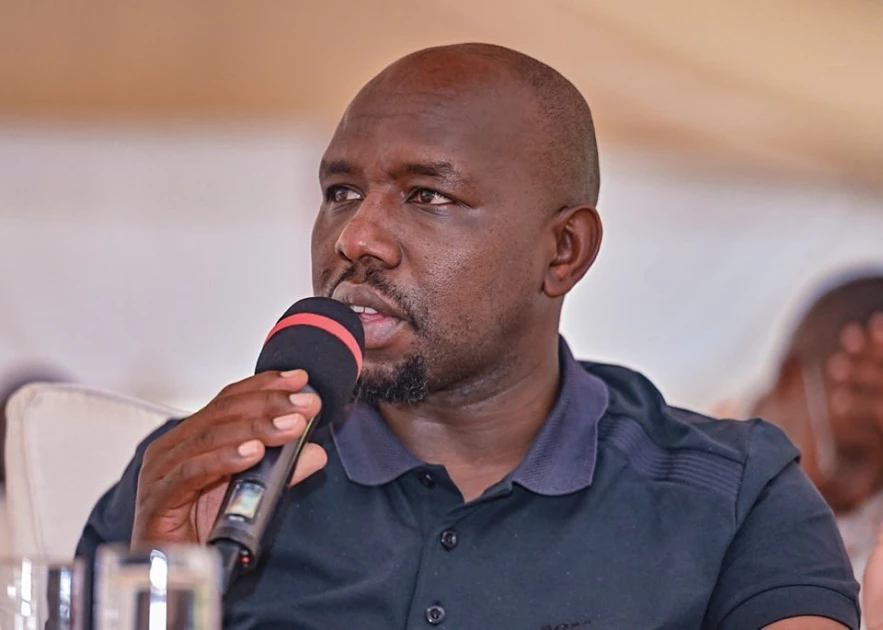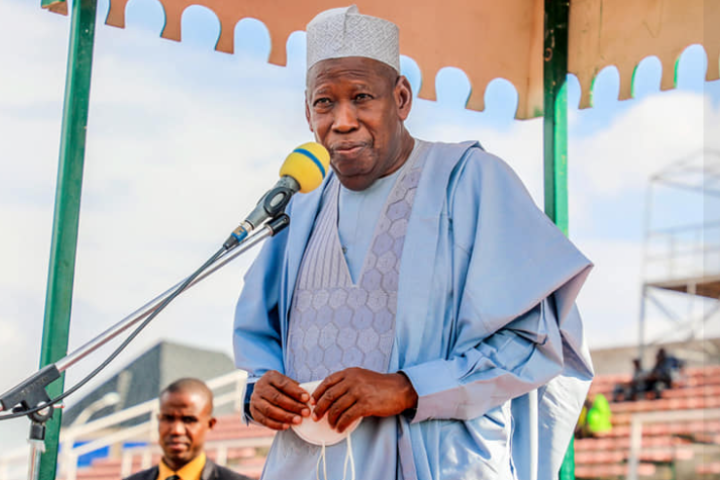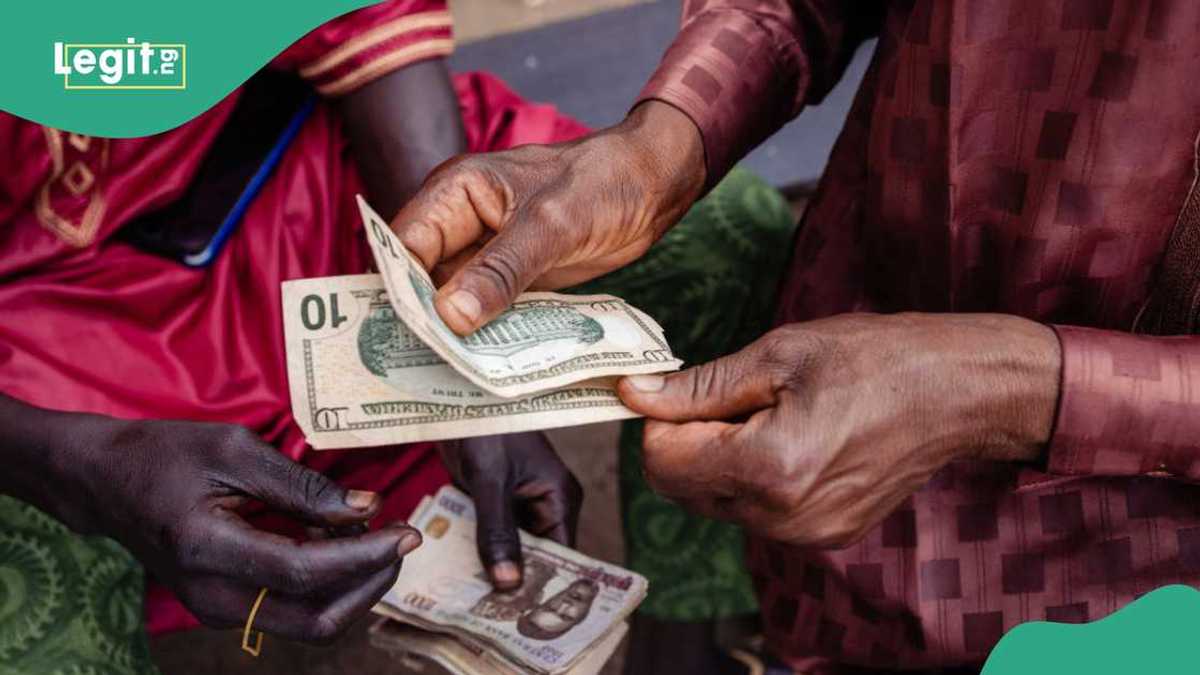CBN Policy Measures Stabilize Naira and Boost FX Reserves

The Central Bank of Nigeria (CBN) has been actively implementing various measures to stabilize the naira and foster economic growth, yielding promising results across the foreign exchange market, investor confidence, and diaspora remittances. These efforts, driven by policy implementations and strategic liquidity injections, have not only arrested the naira's depreciation but also set a foundation for sustainable economic development.
CBN's Strategic Interventions
In alignment with its exchange rate stability objective, the CBN has intensified its interventions in the FX market, boosting supply to retail end-users, reducing distortions, and effectively managing foreign reserves. One notable intervention involved injecting $360 million through authorized dealers, mitigating a steeper devaluation amid demand pressures. These actions have contributed to relative stability, with the official FX rate exchanging at N1,530/$ and the parallel market rate at N1,580/$.
The apex bank's interventions are multifaceted, incorporating inflows from Foreign Portfolio Investors (FPIs), substantial contributions from International Oil Companies (IOCs), and previous interventions totaling $18.40 million to authorized dealers. According to analysts at Cordros Research, the gross FX reserves increased by $12.06 million week-on-week to $38.36 billion after a nine-week decline. These interventions aim to counteract potential pressures on the naira due to lower oil prices and sustain market confidence.
Stakeholder Confidence and Investment
The stability in the forex market has garnered positive feedback from various stakeholders. Philip Sigwart, Group CEO of Baobab Group, noted that the improved business confidence and stability in the forex market have prompted the company to inject new capital and expand its operations in Nigeria, targeting a N1 trillion balance sheet and expanding to 100 branches. Similarly, Aminu Gwadabe, President of the Association of Bureaux De Change Operators of Nigeria (ABCON), attributed the naira's stability to CBN's policies, such as the Foreign Exchange (FX) Code and foreign direct investment supporting policies, which effectively curb FX speculation.
The Nigeria Foreign Exchange Code (FX Code), launched by CBN Governor Olayemi Cardoso, emphasizes integrity, fairness, transparency, and efficiency. Built on six core principles—ethics, governance, execution, information sharing, risk management and compliance, and confirmation and settlement processes—the code aligns with international standards and addresses unique challenges within Nigeria’s FX market. The implementation of the FX Code ensures transparency and accountability, with penalties and administrative actions for violations under the CBN Act 2007 and BOFIA Act 2020.
Innovative Financial Instruments and Policy Reforms
In addition to the FX Code, the CBN introduced the Electronic Foreign Exchange Matching System (EFEMS) to check market distortions, eliminate speculative activities, and instill transparency. Furthermore, the CBN lifted the 2015 restriction barring 41 items from accessing FX at the official market to enhance trade and investment. These reforms reflect the CBN’s commitment to creating an environment conducive to inclusive economic development.
To boost diaspora remittances and support naira stability, the CBN introduced the Non-Resident Nigerian Ordinary Account and the Non-Resident Nigerian Investment Account. These accounts are designed to streamline remittances, encourage investments, and foster financial inclusion among Nigerians in the diaspora. The Non-Resident Nigerian Ordinary Account facilitates remittances for family maintenance, education, and healthcare, while the Non-Resident Nigerian Investment Account provides opportunities for investment in Nigeria’s financial markets.
Diaspora Remittances and Economic Impact
Diaspora remittances are a crucial source of foreign exchange for Nigeria. The CBN’s initiatives align with the institution’s objective of doubling formal remittance receipts within a year. Mohamed Touhami el Ouazzani, Regional Vice President of Africa at Western Union, highlighted that in 2023, $90 billion flowed into Africa from its global diaspora, rivaling the GDP of entire nations. Remittances not only support families but also drive economic change by fueling infrastructure development, spurring entrepreneurship, and promoting financial inclusion.
Harvard Kennedy School Visit and Future Outlook
Olayemi Cardoso recently engaged with scholars from the Harvard Kennedy School (HKS), reiterating the CBN’s commitment to policy-oriented solutions and strengthening trust in Nigeria’s financial system. He noted that ongoing reforms are beginning to reflect greater stability in the FX market and a gradual moderation in inflationary pressures. Recent visits by executives from JP Morgan, Citibank, and the International Monetary Fund indicate renewed investor confidence in Nigeria’s economy.
In summary, the CBN's multifaceted approach, encompassing strategic interventions, policy reforms, and innovative financial instruments, is fostering stability in the forex market, attracting investment, and boosting diaspora remittances. These efforts lay a solid foundation for sustainable economic growth and underscore the CBN's commitment to driving positive change in Nigeria's economic landscape.










